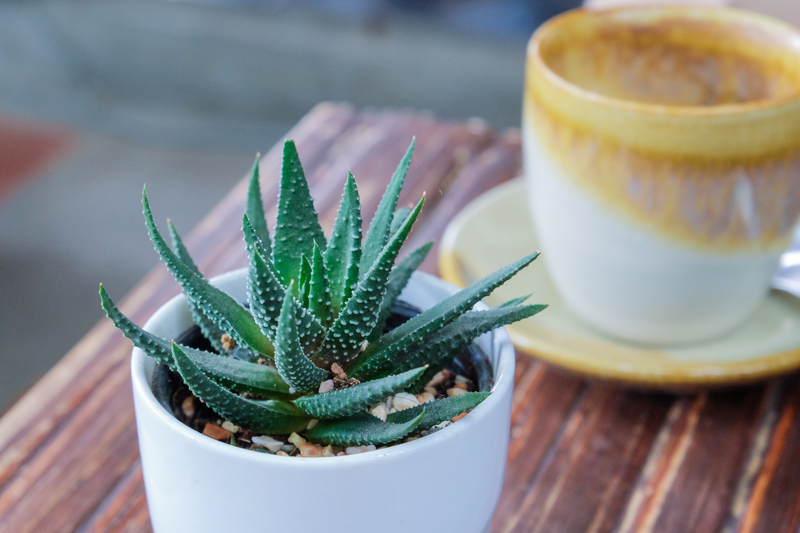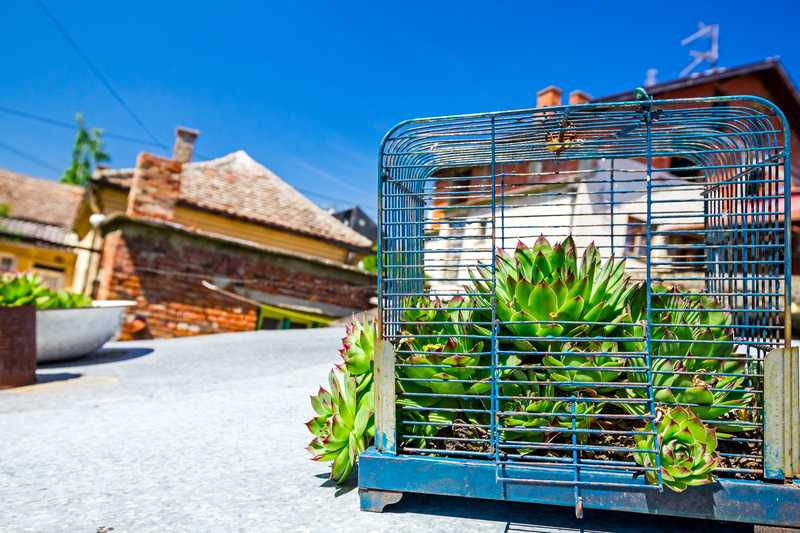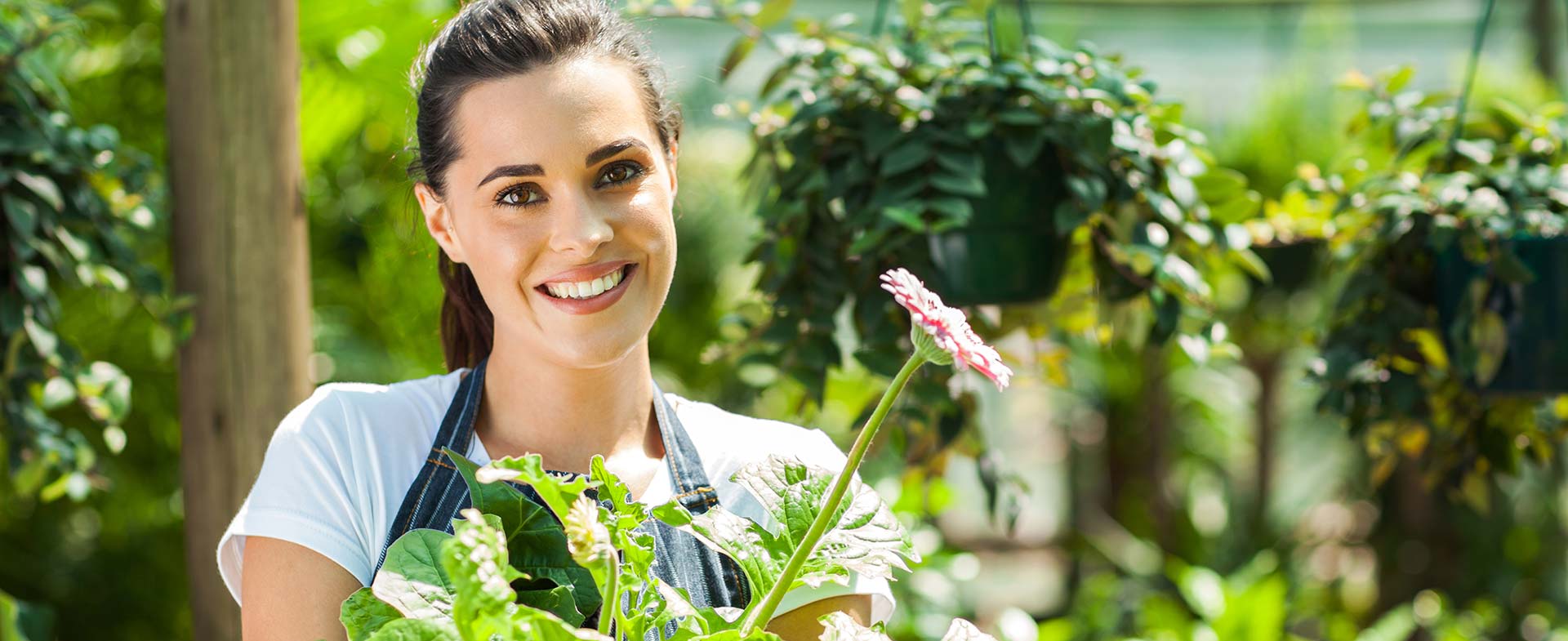Unlocking the Potential of Your Herb Garden Space
Posted on 04/07/2025
Discover how to unlock the full potential of your herb garden space and grow a lush, aromatic, and productive garden right at home. Whether you have a small balcony, a kitchen windowsill, or a sprawling backyard, optimizing your herb garden can bring you fresh flavors, natural remedies, and a touch of greenery all year long. In this detailed guide, we'll explore practical tips, creative ideas, and proven strategies to maximize the possibilities of your herb garden--no matter its size.
Why Focus on Your Herb Garden Space?
The allure of cultivating your own herbs goes far beyond just having fresh ingredients at your fingertips. A well-organized and thoughtfully designed herb garden can:
- Enhance your culinary creations with fresh, homegrown flavors
- Improve your health and well-being with medicinal herbs
- Create a relaxing outdoor sanctuary or green indoor oasis
- Attract beneficial pollinators and deter pests naturally
- Add beauty, fragrance, and texture to your living space
However, unlocking the full potential of your herb garden space takes more than scattering a few seeds in the soil. It requires careful planning, strategic use of space, and ongoing attention to growth and maintenance.

Assessing and Planning Your Herb Garden Area
Before you start planting, it's essential to assess your available garden space--whether indoors or outdoors.
Analyze Sunlight and Microclimate
- Observe how much sunlight your space receives throughout the day.
- Most culinary herbs, such as basil, thyme, and rosemary, need at least 6 hours of direct sunlight.
- Shady corners are ideal for herbs like mint, parsley, and chervil.
- Check for wind exposure and proximity to walls, which can affect temperature and humidity.
Survey the Soil and Drainage
- Test your soil for drainage by pouring water and timing how long it takes to disappear.
- Most herbs thrive in well-drained, loose soil rich in organic matter.
- Consider raised beds, pots, or containers if your ground soil is heavy or clay-like.
Map Out Your Layout for Maximum Efficiency
- Use graph paper or a garden design app to plot your space.
- Group herbs with similar light, water, and soil requirements together.
- Leave walkways and allow for future expansion.
Creative Design Ideas for Unlocking Small Herb Gardens
Even the tiniest areas can deliver big harvests with the right approach. Here's how you can maximize your herb garden's potential if you're working with limited space:
Vertical Herb Gardens
- Install wall-mounted planters, hanging baskets, or stackable pots on fences and balconies.
- Grow herbs with trailing growth habits such as oregano, thyme, and rosemary.
Container and Windowsill Gardening
- Use pots, buckets, or repurposed containers for movable, flexible growing areas.
- Mini-herbs like chives, basil, and cilantro do well in small, sunny spots.
- Choose self-watering planters for hassle-free indoor herb gardening.
Tiered and Ladder Plant Stands
- Create vertical tiers with plant stands, bookshelves, or step-ladders.
- Assign each level herbs based on their light needs--the topmost tiers receive the most sun.
Window Boxes and Balcony Rail Planters
- Use window boxes for a fragrant, edible border outside your kitchen or patio.
- Choose herbs with upright growth, such as parsley and dill.
Choosing the Right Herbs for Maximum Output
Certain herbs are more forgiving and productive in smaller or unconventional spaces. When unlocking the full capability of your herb garden space, consider these popular choices:
- Basil - Loves warmth and sunlight. Perfect for containers and windowsills.
- Chives - Hardy, perennial, and thrives in small pots.
- Mint - Best grown in containers to control vigorous spreading.
- Parsley - Tolerates some shade; great for window boxes.
- Rosemary - Needs well-drained soil; does well on sunny balconies.
- Thyme - Perfect for rockeries and trailing over edges of planters.
- Cilantro and Dill - Fast-growing annuals that provide rapid harvests.
Medicinal and Specialty Herbs
- Lemon Balm and Chamomile - Excellent for teas, and their calming scents can enhance any garden space.
- Lavender - Adds beauty, aroma, and pollinator appeal to sunny spots.
- Stevia - A natural sweetener, ideal for containers in full sun.
Soil Preparation and Planting Techniques
A key part of realizing your herb garden's potential lies in giving your herbs the perfect start. Follow these essential planting tips:
- Soil Mix: Blend quality potting soil with compost and a little sand or perlite for drainage.
- Spacing: Do not overcrowd. Allow herbs space to grow and for air to circulate, reducing the risk of diseases.
- Companion Planting: Pair herbs strategically. For example, basil and tomatoes complement each other and deter pests.
- Labeling: Use waterproof markers or creative DIY plant markers--essential for identifying young seedlings.
Watering, Feeding, and Ongoing Care
To fully unlock your herb garden's productivity, regular care is crucial. Here are the secrets to lush, flavorsome herbs:
Smart Watering
- Herbs dislike soggy soil. Water deeply but allow the top inch of soil to dry between waterings--especially in containers.
- Morning is the best time to water, helping prevent fungal diseases.
Feeding
- Feed with a balanced, organic fertilizer every 4-6 weeks during peak growing seasons.
- Avoid over-fertilizing, which can reduce flavor intensity in some herbs.
Regular Harvesting
- Pinch off blossoms to keep herbs leafy and aromatic.
- Frequent cutting encourages bushier, more productive growth.
Pest Management and Natural Solutions
Keep your herb garden healthy and thriving by managing pests without harmful chemicals. Natural solutions are better for your garden and your health.
- Companion Planting: Grow pest-repelling herbs like basil, chives, and mint next to more vulnerable plants.
- Handpicking: Remove pests like aphids or caterpillars by hand where possible.
- Neem Oil or Soap Sprays: Use gentle, natural sprays for severe infestations.
Remember: many herbs, including dill and fennel, attract beneficial insects that help control pests naturally.
Seasonal Tips for Year-Round Herb Harvests
To make the most of your herb garden throughout the year, you need a plan for every season:
Spring and Summer
- Direct-sow seeds after the last frost.
- Pinch back fast-growing herbs regularly to encourage branching.
- Monitor for pests and diseases as temperatures rise.
Autumn
- Move tender herbs indoors before the first frost.
- Take cuttings of favorites like basil and root them on a sunny windowsill.
- Preserve excess harvest by drying or freezing leaves.
Winter
- Grow herbs indoors under grow lights or in sunny windows.
- Try hardy perennials like rosemary and thyme on sheltered patios.
- Use fresh herbs for teas, stews, and remedies to combat winter colds.
Creative Ways to Use and Showcase Your Homegrown Herbs
After you've unlocked the true potential of your herb garden space, enjoy your harvest to the fullest:
- Make herb-infused oils, vinegars, and syrups for gourmet gifts and cooking.
- Dry or freeze herbs for winter use and herbal teas.
- Create herbal wreaths and bouquets for beautiful and fragrant home decor.
- Craft DIY skincare products with calendula, chamomile, and lavender.
- Use fresh herbs in every meal--from salads to desserts for unbeatable flavor.
Common Mistakes to Avoid in Herb Garden Optimization
Even experienced gardeners can make mistakes that limit their herb garden's productivity. Watch out for these pitfalls:
- Overcrowding plants, which leads to poor air circulation and disease.
- Neglecting to harvest--herbs love regular cutting!
- Insufficient light. Re-evaluate positioning if herbs are lanky or pale.
- Overwatering, the fastest way to kill most homegrown herbs.

Frequently Asked Questions About Unlocking Herb Garden Potential
How can I grow herbs successfully in an apartment?
- Choose compact, fast-growing herbs like basil, chives, and cilantro.
- Use bright windows, vertical wall planters, or even LED grow lights.
- Water carefully: too much or too little can stress indoor herbs.
What are the best soil mixes for potted herb gardens?
- A blend of organic potting mix, compost, and a handful of perlite or sand for drainage is ideal.
- Avoid heavy garden soil in pots; it can compact and suffocate roots.
Can I combine flowers and herbs?
- Absolutely! Many flowers and herbs are compatible and attract beneficial pollinators together. Try lavender with sage or calendula with basil.
Conclusion: Start Unlocking Your Herb Garden's Full Potential Today
No matter your skill level, unlocking the potential of your herb garden space can transform your home life and connect you more deeply to the rhythms of nature. From creative layout ideas to expert care and harvest tips, this guide has you covered.
Start small, experiment often, and above all, savor the textures, flavors, and scents that your own herb garden will provide. Happy gardening!
Latest Posts
Enrich Shaded Areas with the Charm of Evergreen Climbers
Neglected Garden? Start Your Makeover with These Tips
Transform Your Garden with These Must-Have Tools

